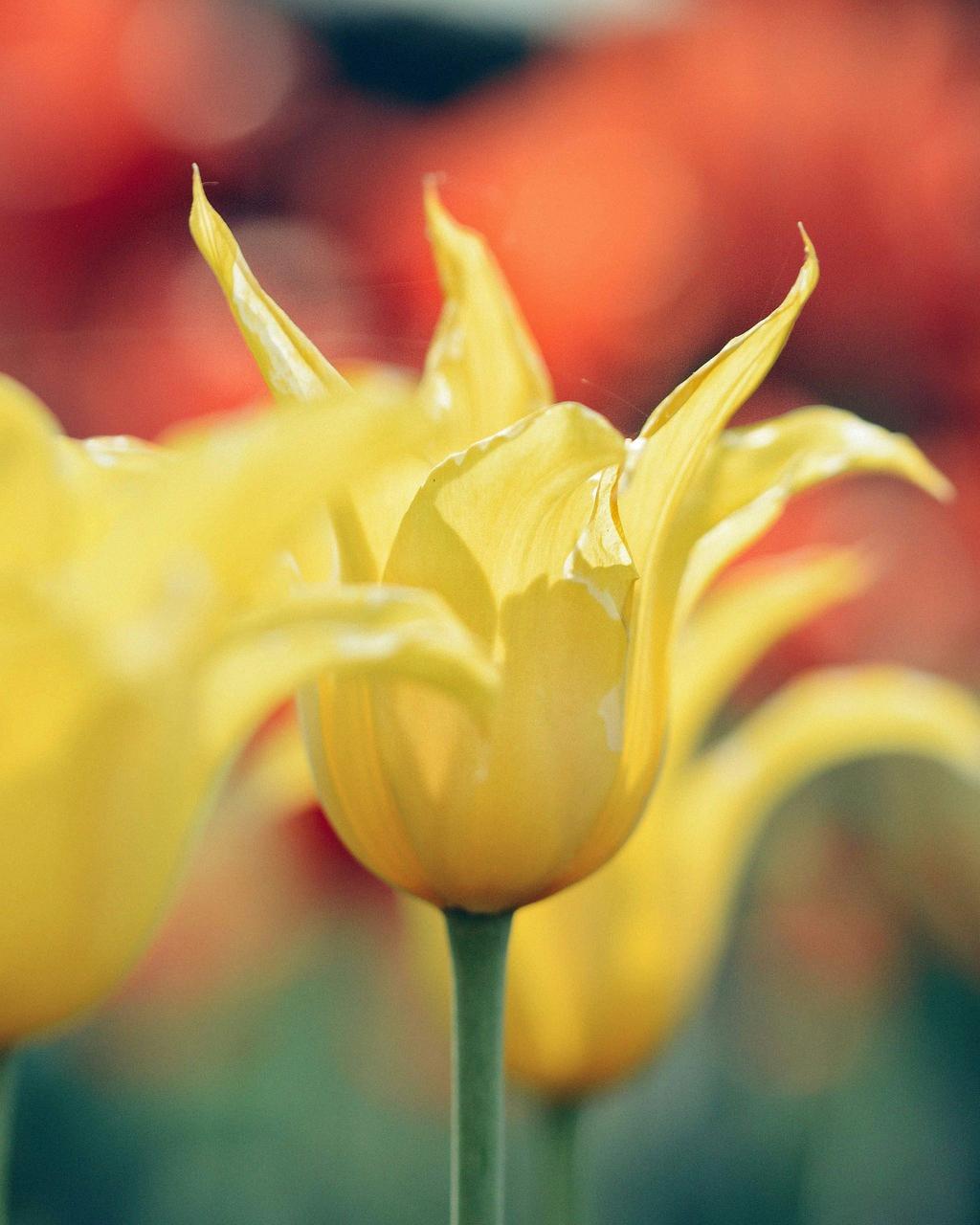When it comes to keeping your tulip bulbs safe from pesky squirrels, there are several effective strategies you can implement in your garden. Protecting your bulbs during the planting process is crucial to ensuring a beautiful display of flowers in the spring. Here are some tips to help you safeguard your tulip bulbs from these furry intruders.
1. Opt for Permeable Barrier
After you have carefully planted and fertilized your tulip bulbs with compost, consider using a permeable barrier to cover the soil. Materials like hardware cloth, chicken wire, or sections of old chain-link fencing can be placed over the planting area to prevent squirrels and other rodents from digging up your bulbs.
2. Use Repellents Strategically
There are various squirrel repellents available on the market that can deter these critters from feasting on your tulip bulbs. Utilize these repellents strategically by applying them around the perimeter of your tulip bed or near vulnerable plants to create a deterrent for squirrels.
3. Plant Bulbs Deeply
When planting your tulip bulbs, make sure to place them at the recommended depth to discourage squirrels from finding and digging them up. By planting your bulbs deeper in the soil, you can make it more challenging for squirrels to access them, thus protecting your precious tulips.
4. Install Physical Barriers
If squirrels are particularly persistent in your area, consider installing physical barriers such as wire mesh cages or netting over your tulip beds. These barriers can prevent squirrels from reaching the bulbs while still allowing air and water to penetrate the soil.
5. Avoid Using Bulb Fertilizers as Attractants
Some bulb fertilizers contain ingredients that may attract squirrels due to their scent. To minimize the risk of attracting unwanted pests to your garden, opt for fertilizers that are less appealing to squirrels or apply them sparingly to reduce the likelihood of squirrel activity near your tulip bulbs.
6. Clean Up Fallen Debris
Keep your garden tidy by promptly removing fallen debris, such as leaves, twigs, and petals, that may attract squirrels looking for nesting material or food sources. By maintaining a clean garden environment, you can make it less inviting for squirrels to roam and disturb your tulip bulbs.
7. Utilize Natural Predators
Encourage natural predators of squirrels, such as birds of prey or neighborhood cats, to frequent your garden. These predators can help in deterring squirrels from entering your garden space and preying on your tulip bulbs, providing an eco-friendly solution to pest control.
8. Incorporate Companion Plants
Consider planting companion plants that repel squirrels, such as daffodils, hyacinths, or alliums, near your tulip bulbs. These companion plants can act as natural deterrents to squirrels while complementing the beauty of your tulip garden with their vibrant colors and fragrances.
9. Monitor Garden Activity
Regularly inspect your garden for signs of squirrel activity, such as dug-up soil, missing bulbs, or chewed foliage. By monitoring your garden closely, you can identify potential squirrel damage early on and take proactive measures to protect your tulip bulbs before significant harm occurs.
10. Create Noise or Motion Disturbances
Squirrels are often deterred by loud noises or sudden movements in their vicinity. Consider placing motion-activated devices or wind chimes near your tulip bed to create disturbances that can startle squirrels and discourage them from approaching your garden.
11. Establish Secure Garden Borders
Ensure that your garden borders are secure and well-defined to prevent squirrels from easily accessing your tulip bulbs. Reinforce existing boundaries with fencing, stones, or raised beds to create physical barriers that can hinder squirrel infiltration into your garden space.
12. Seek Professional Assistance
If squirrel infestations persist despite your best efforts, consider seeking professional assistance from pest control experts or wildlife removal services. These professionals can provide tailored solutions to address squirrel problems in your garden and safeguard your tulip bulbs effectively.

